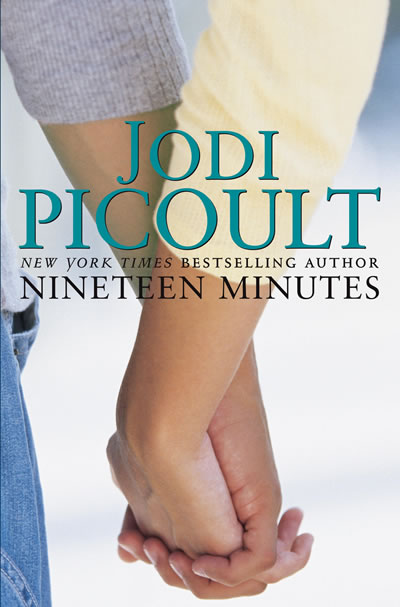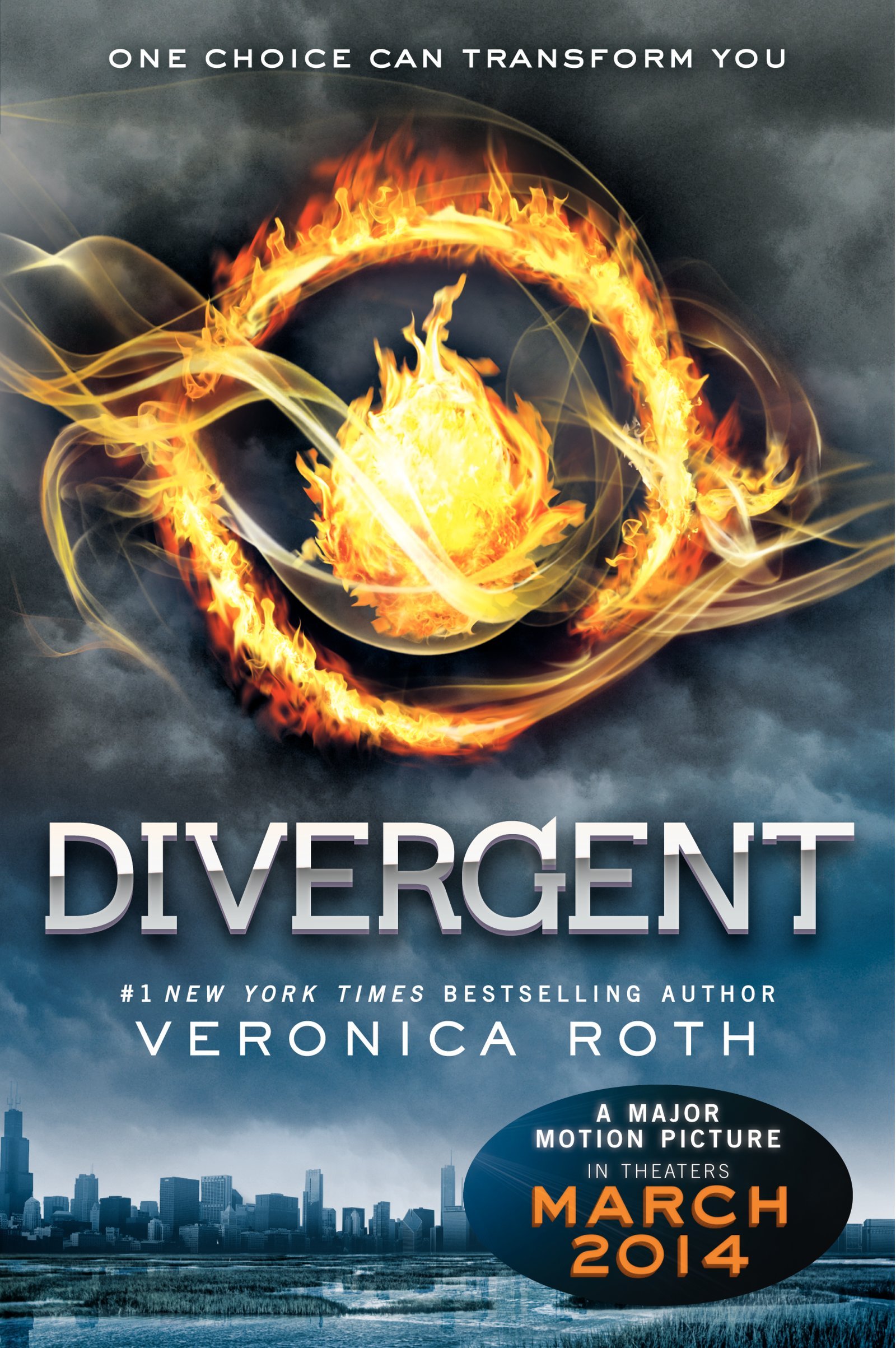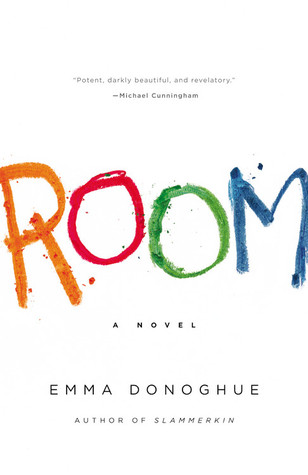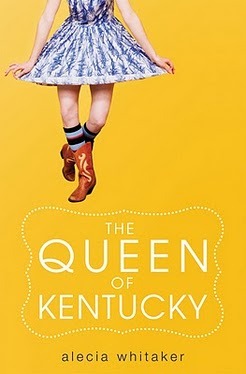Characters in Water
for Elephants
Jacob: Jacob (the older version of himself) narrates
the story of his life throughout the Benzi Brothers Circus and how he falls in
love with Marlene, a circus performer and his boss’s wife. Jacob is a very
likeable character throughout the book considering his hardships that he has endured.
Jacob has a kind heart, caring for the animals and people at his time in the
circus. Throughout the book the reader are left rooting for Jacob to overcome
his fears, face tragedies and get the girl.
Marlene: Is an equine circle performer and the wife
of August, one of the top bosses. She is kind and loving to her animals and an astonishing
circus performer. She is very short tolerant of her husband August who is a
ruthless and cruel man. He pushes her away by this drunken rages, violent
outburst and fake charming undertones to Jacob, the hired veterinarian. She is a very likeable character for her
oppression from August and her very kind heart.
August: is the equestrian and animal directed of the
circus. He is married to Marlene and is very unkind to her throughout the book.
August suffers from serious rage issues, violent and hateful towards animals,
workers and performers when things don’t go over so smoothly or his way. He is also a profound con-artist., charming
and manipulative to get what he wants. He is the villain of the story and is
hated by all other major characters and readers.
Rosie: is the elephant they picked up from bankrupt
circus insisted by the ring leader Uncle Al. She is proceeded to be dumb—according
to her old trainer, however Jacob and Marlene find a connection in the passion
for this animal that is actually really intelligent. Rosie is abused by her behavior
by August a lot and causes her to run during a performance. August becomes more
violent towards Rosie. She is a very likeable aspect of the book because of the
uniqueness of her personality and oppression by August.






